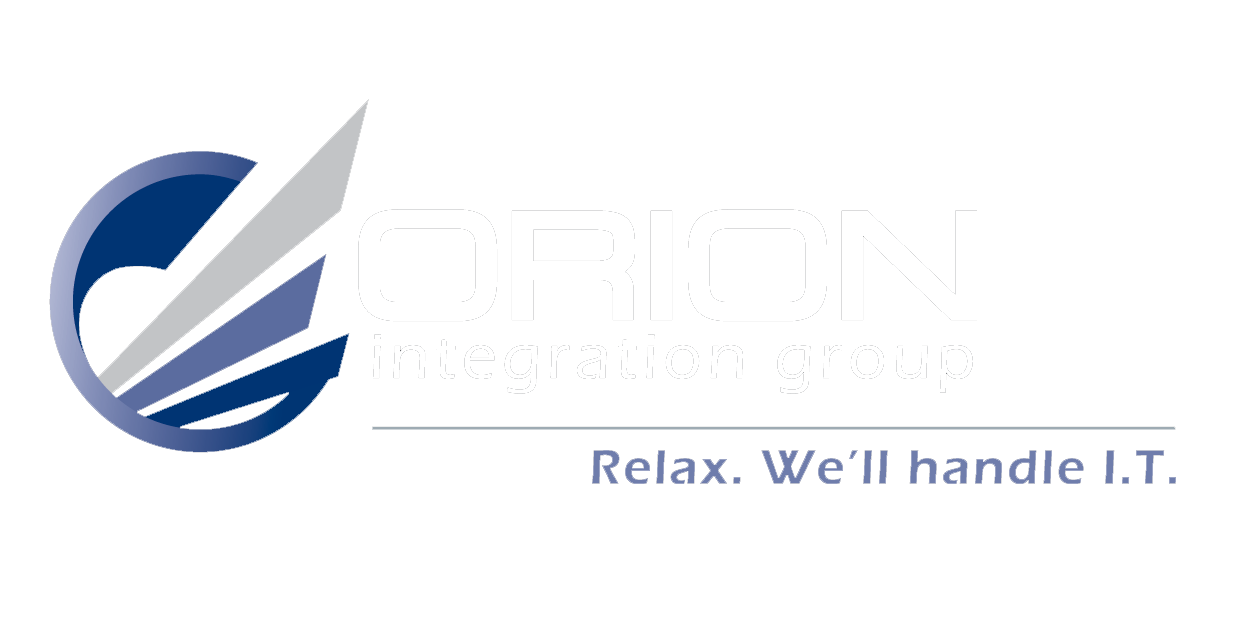Maximizing Business Growth with IT Service Contracts
Maximizing Business Growth with IT Service Contracts
Staying ahead of the competition means always looking for ways to improve. One effective strategy to ensure your company keeps growing and thriving is to focus on how you manage your technology needs. This involves considering the services and support that help your business run smoothly every day. By wisely choosing and using IT service agreements, you can make sure your business has the tech support it needs. This not only keeps things running without a hitch but also opens up new opportunities for growth and efficiency.
Understanding IT Service Contracts: A Brief Overview
In today's complex business environment, staying ahead in technology without breaking the bank is a challenge many small to medium-sized businesses face. An IT service contract stands out as a strategic solution, offering numerous benefits that go beyond mere technical support. But what exactly is an IT service contract, and how does it work? This brief overview digs into the essence of IT service contracts, the plethora of services they cover, and the mutual commitments established between providers and clients.
An IT service contract is essentially an agreement between a business and an IT service provider, where the provider commits to offer a predetermined set of IT services in exchange for a fixed fee, usually on a monthly or annual basis. Unlike ad-hoc services charged per incident, these contracts provide continuous support and embody a proactive approach to IT management. The core objective is to ensure that a business's IT infrastructure remains secure, efficient, and up-to-date, thereby minimizing downtime and facilitating optimal operational flow.
Services typically included in these contracts cover a wide range, addressing almost every conceivable IT need a business could have. This includes, but is not limited to, cybersecurity measures such as threat monitoring and response, managed IT services that encompass network and infrastructure management, cloud services, and even specialized support like VoIP (Voice over Internet Protocol) systems. By wrapping these services into a single contract, businesses gain access to comprehensive support that's both efficient and cost-effective.
The contractual commitments established between IT service providers and their clients form the backbone of these agreements. These commitments outline the scope of services, response times, and performance metrics, among other aspects. For providers, it means assuring the delivery of high-quality IT services tailored to the client’s specific requirements. For clients, it involves a pledge to adhere to payment schedules and cooperate with the provider for seamless service delivery. This mutual agreement fosters a partnership-oriented relationship, thereby streamlining IT operations and aligning them more closely with the business's overarching goals.
IT service contracts emerge as a significant tool for businesses seeking reliable, continuous IT support. By offering a blend of essential tech services through a single contract, these arrangements enable businesses to achieve operational efficiency, safeguard their digital resources, and position themselves for sustainable growth. As we look deeper into the unseen perks these contracts offer, it becomes evident that they hold valuable potential for businesses, especially within Orion Integration Group’s service areas.
Cost Savings Over Time
One of the most tangible benefits of IT service contracts is the significant cost savings they offer over time. Unlike variable costs associated with ad-hoc IT support, a service contract locks in a fixed monthly or annual fee. This predictability in budgeting for IT needs allows businesses to allocate resources more efficiently elsewhere. It often turns out to be less costly than the cumulative expenses of on-demand services, primarily due to the economies of scale and operational efficiencies that experienced IT service providers bring to the table.
Consider the scenario of XYZ Corporation, which previously relied on on-demand IT support. The unpredictable and sometimes exorbitant costs of emergency repairs and last-minute maintenance put a strain on their financial planning. After switching to a managed IT service contract, XYZ Corporation not only benefited from reduced overall IT expenses but also enjoyed predictability in their financial planning, allowing for better allocation of their budget towards growth initiatives.
Consistent Service Quality and Efficiency
Consistency in service quality is another hallmark of IT service contracts. With a dedicated team that becomes intimately familiar with a company’s IT landscape, businesses benefit from continuous monitoring and proactive problem-solving. This level of familiarity leads to quicker diagnosis and resolution of issues, significantly reducing downtime and enhancing operational efficiency. For instance, a testimonial from Acme Inc. reveals how, over the course of their contract, service quality not only remained top-notch but improved. Acme experienced fewer instances of downtime and more seamless integration of new technology solutions, attributed directly to their provider's deep understanding of their infrastructure.
The Value of Dedicated Support
Dedicated support available 24/7 is a critical component of IT service contracts, ensuring that businesses have access to help whenever they need it. This round-the-clock availability is vital for addressing urgent IT issues that can arise at any time, maintaining business continuity, and mitigating risks. The rapid response times for issue resolution are not merely a convenience; they are often the lifeline for businesses during operational crises. An example of this can be seen in the case of a regional retailer, whose server failed during a major sales event. Thanks to their IT service contract’s dedicated support, the issue was resolved within hours, preventing significant sales loss and preserving customer trust.
These examples underscore the intrinsic value of IT service contracts. By offering cost savings, consistent service quality, and dedicated support, they present a compelling solution for businesses aiming to optimize their IT strategies while safeguarding their operations against unforeseen disruptions.
Enhancing Strategic IT Planning
IT service contracts do more than just resolve immediate technical issues; they play a pivotal role in the strategic IT planning process of a business. By establishing a long-term relationship with an IT service provider, businesses gain a partner in aligning their IT infrastructure and operations with their strategic goals. This partnership allows for the identification of opportunities to leverage technology to drive growth and efficiency, thus offering a competitive advantage in today's digital landscape.
IT service providers bring a wealth of experience and insights from working across industries, which can be invaluable in advising businesses on emerging technological trends. They act as both a guardian of the present and a gateway to the future, ensuring that IT strategy not only meets current operational needs but is also scalable and adaptable to future demands. The feedback loops created between the business and the service provider ensure that services can be tailored and improved over time, ensuring a customization that truly aligns with business objectives.
Specialized Expertise and Resource Accessibility
Another significant benefit of IT service contracts is access to a broad spectrum of specialized expertise and resources. For most small to medium-sized businesses, maintaining an in-house IT team that covers all areas of IT expertise is neither feasible nor financially viable. IT service contracts offer a solution by providing access to a team of professionals across different IT disciplines. Whether it's cybersecurity, database management, cloud services, or emerging technologies like AI and blockchain, businesses can tap into specialized skills without the need for extensive hiring.
This resource accessibility extends to technologies and tools that might otherwise be out of reach. IT service providers invest in state-of-the-art technologies and training, ensuring that their clients benefit from these advancements without the associated overhead costs. An example can be seen in the deployment of advanced cybersecurity measures, where the costs of comprehensive security tools and constant monitoring can be prohibitive for an individual business but become accessible within the framework of a service contract.
Conclusion: A Strategic Advantage for SMBs
As we wrap up our exploration of the unseen perks of IT service contracts, it's clear that these agreements offer far more than basic IT support. From cost savings and service quality to strategic planning and access to specialized expertise, the benefits are substantial and multi-faceted. For small to medium-sized businesses, especially those within the service areas of providers like Orion Integration Group, IT service contracts provide a strategic advantage.
They enable businesses to not only navigate the complexities of today's digital domain more effectively but also to harness the power of technology to fuel their growth and success.
The evidence is clear, as seen in recent survey results on IT service satisfaction among SMBs, indicating high levels of satisfaction and improved operational outcomes. In an era where technology is constantly evolving, partnering with a knowledgeable IT service provider through a service contract is more than a convenience; it's a strategic imperative.
Unlock the full potential of your business with Orion Integration Group's expert IT service contracts. Contact us today to explore how we can safeguard and enhance your IT infrastructure for tomorrow’s success.




